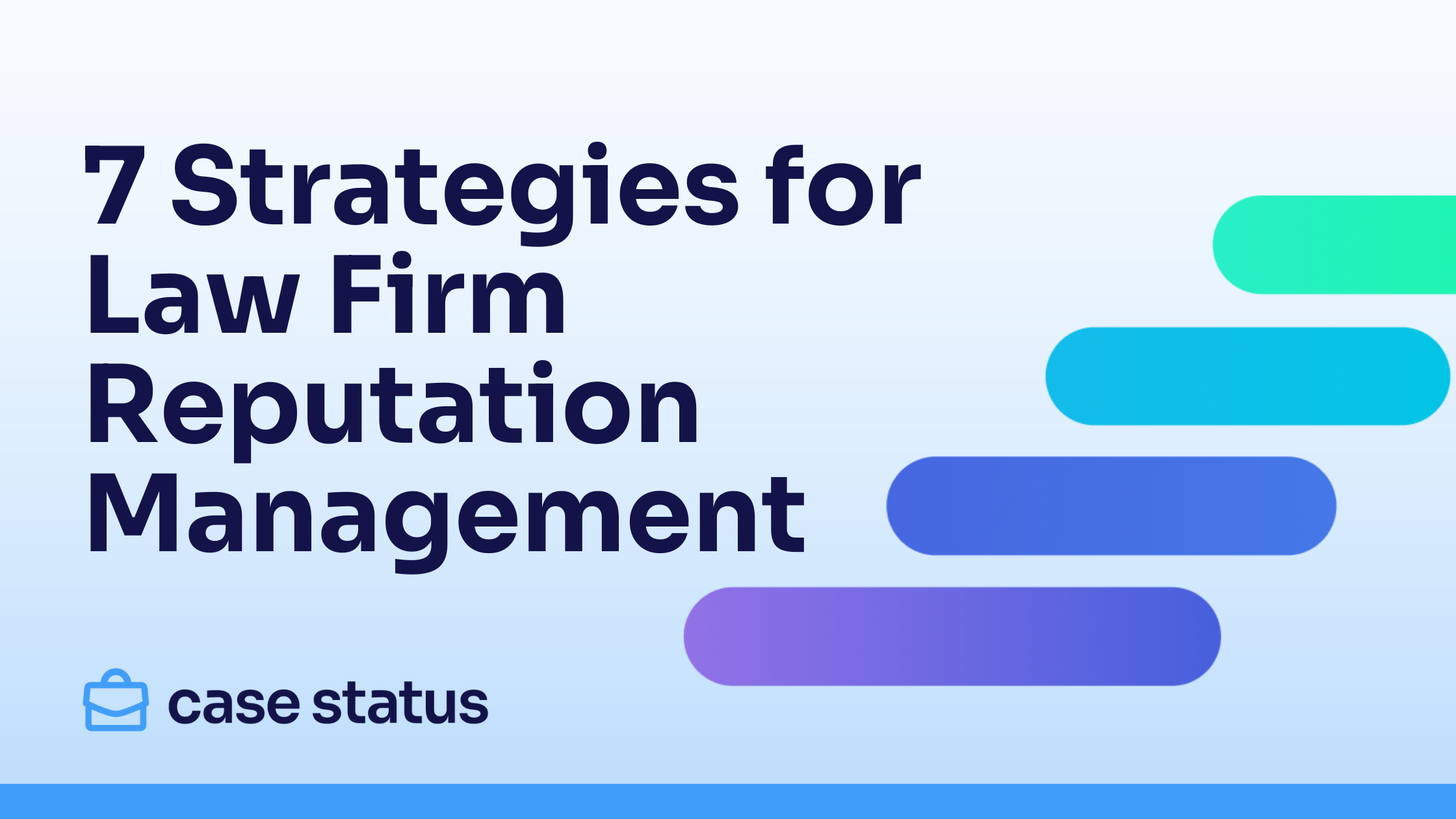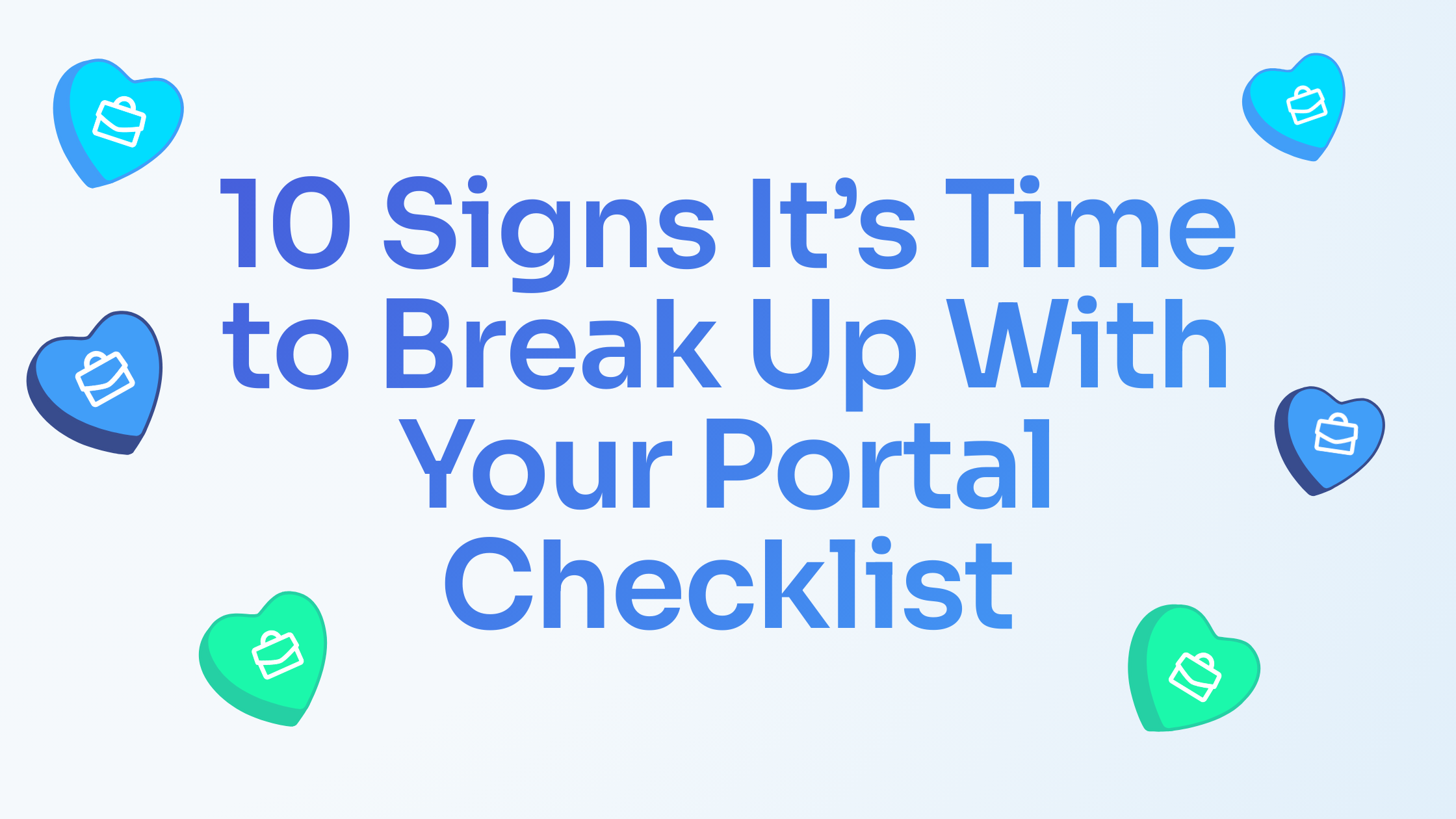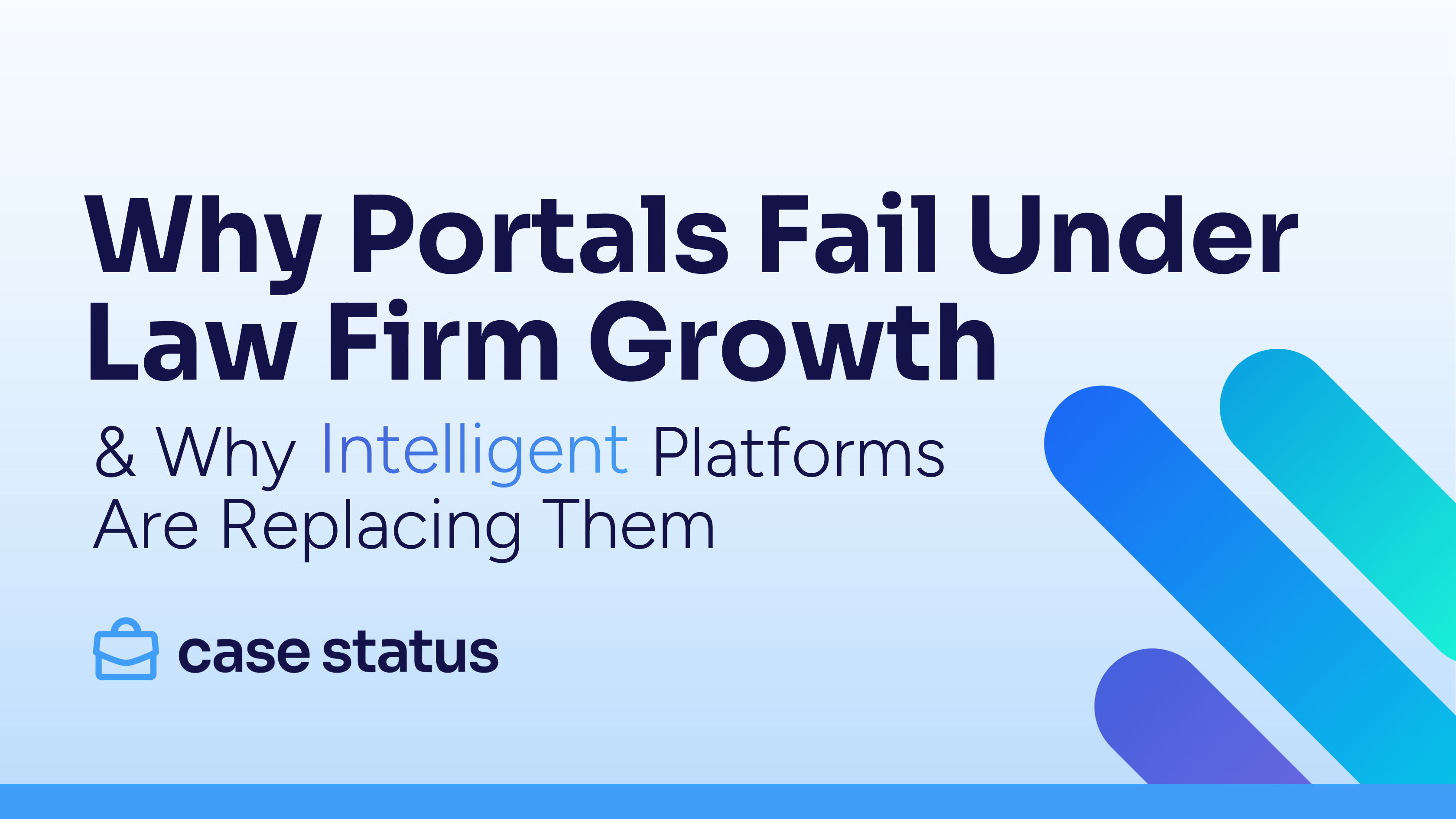
Case Status is HIPAA Compliant
Case Status is excited and proud to announce that our platform is officially HIPAA compliant. The Health Insurance Portability and Accountability Act of 1996 (HIPAA) is a federal law that requires the creation of national standards to protect sensitive patient health information from being disclosed without the patient's consent or knowledge. Although this compliance isn't not mandatory in the legal services space, HIPAA compliance for software vendors servicing the legal services industry is still important. This level of security and privacy helps law firms to instill peace-of-mind with their clients and promote a brand that is totally centered on the client as a person. Case Status is excited to bring this factor into play for all our customers as part of our overall security commitment.
Charles Lane, Chief Technology Officer at Case Status is quick to point out, "Radical transformation of client engagement isn't just on the surface. This vision runs deep into the technology and systems that help each firm scale better brand experiences and optimal operation excellence. A fundamental pillar of our platform is performance and security. We continually make a concerted effort to prioritize information security, data privacy and compliance initiatives across our platform. Protecting our customers, their clients and their data is a top priority and the HIPAA compliance is a great part of executing that plan."
In today's digital age, data privacy and security are paramount, particularly in industries dealing with sensitive information. The legal services industry is no exception. While software vendors servicing law firms may argue that there is no official requirement to be HIPAA compliant since they are not directly handling healthcare data, it is crucial for them to adopt HIPAA compliance standards. This is primarily due to the fact that clients of these law firms, who are also patients, often share treatment and health-related information, which can inadvertently be included in the system. It's worth exploring why legal services should prioritize HIPAA compliance for the protection of their clients' sensitive information.
Our customer law firms serve a diverse range of clients via many different practice areas, including those seeking legal advice on healthcare-related matters. Many individuals who turn to law firms for assistance are simultaneously patients receiving medical treatments or care. By nature, legal professionals often need access to a wide range of client data, including medical records, insurance information, and details related to personal injuries or malpractice cases. This presents a significant risk as clients may inadvertently include health information in their communications, documents, or case files shared with their lawyers.
“We are thrilled about this announcement," said Wesley Cagle, Chief Operating Officer with Daniel Stark Law, P.C. "We are a client-first law firm. We are dedicated to protecting them in every way, even if they are not aware of the work we are doing. Part of that approach is giving them protection and peace of mind with respect to their personal and private information. Our clients are also patients, and the care they receive is deeply connected with the progress of their case. Case Status is a valuable technology partner because they innovate and prioritize our clients’ experience.”
Understanding HIPAA Compliance
The Health Insurance Portability and Accountability Act (HIPAA) was introduced to safeguard the privacy and security of individually identifiable health information. While HIPAA primarily applies to healthcare providers, health plans, and healthcare clearinghouses, it is essential for software vendors to align their practices with HIPAA standards due to the potential presence of health information within legal client data.
HIPAA compliance requires strict safeguards to protect patient data. By implementing HIPAA security measures, software vendors can ensure data security and integrity, reducing the risk of unauthorized access, data breaches, and potential legal repercussions. Adhering to HIPAA standards also strengthens the trust between the law firm and its clients, demonstrating a commitment to the privacy and security of their sensitive information.
Mitigating Legal and Reputation Risks
Inadvertently mishandling health information can have severe consequences for both law firms and software vendors. If a data breach occurs or if client health information is compromised due to inadequate security measures, the law firm may face legal liability and damage to their reputation. Non-compliance with HIPAA regulations can result in substantial fines, penalties, and potential litigation. Moreover, the negative publicity and loss of trust from clients can have long-lasting impacts on the firm's business operations.
Staying Ahead of Industry Standards
The legal services industry is continually evolving, and clients expect their law firms to keep up with the latest technological advancements while prioritizing data security and privacy. By voluntarily embracing HIPAA compliance, software vendors servicing the legal services industry can stay ahead of industry standards. This proactive approach not only demonstrates a commitment to clients' wellbeing but also positions the law firm as a leader in protecting sensitive information.
Maintaining a Competitive Edge
In an increasingly competitive market, differentiating oneself from competitors is crucial. By offering a HIPAA-compliant software solution, law firms can attract clients who value their privacy and the security of their sensitive information. Potential clients, especially those with healthcare-related cases, are likely to prioritize law firms that take extra steps to protect their health data. By catering to this demand and incorporating HIPAA compliance into their software systems, vendors can gain a competitive edge in the legal services industry.
In Conclusion
While there may not be an official requirement for software vendors servicing the legal services industry to be HIPAA compliant, it is in their best interest to adopt these standards. Given that clients of law firms are often patients who inadvertently include health information in their communications and case files, software vendors must prioritize data security and privacy. By embracing HIPAA compliance, these vendors protect sensitive information, mitigate legal and reputation risks, stay ahead of industry standards, and maintain a competitive edge. Ultimately, adhering to HIPAA regulations demonstrates a commitment to safeguarding clients' data and fosters trust in an industry where privacy and confidentiality are paramount.



